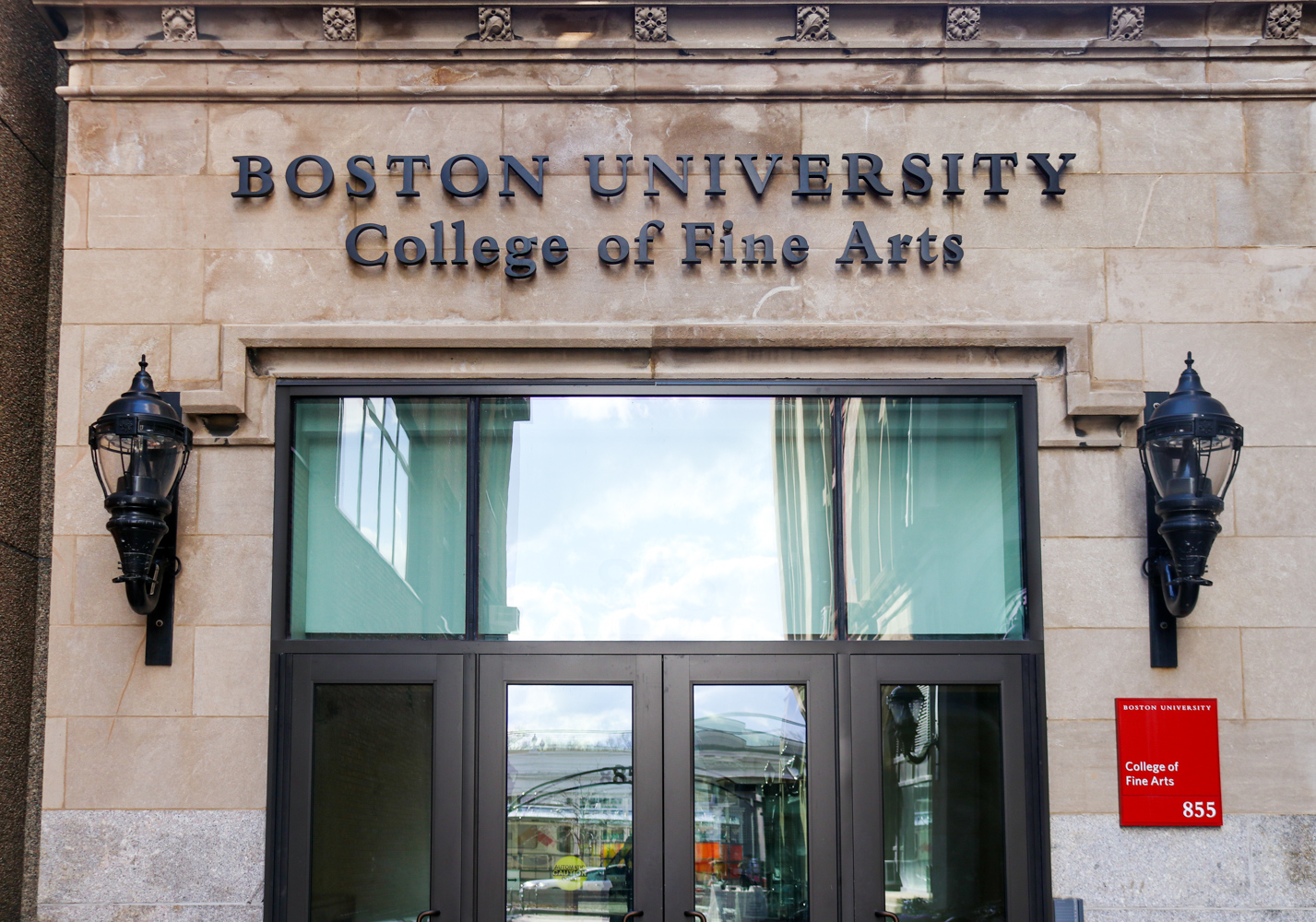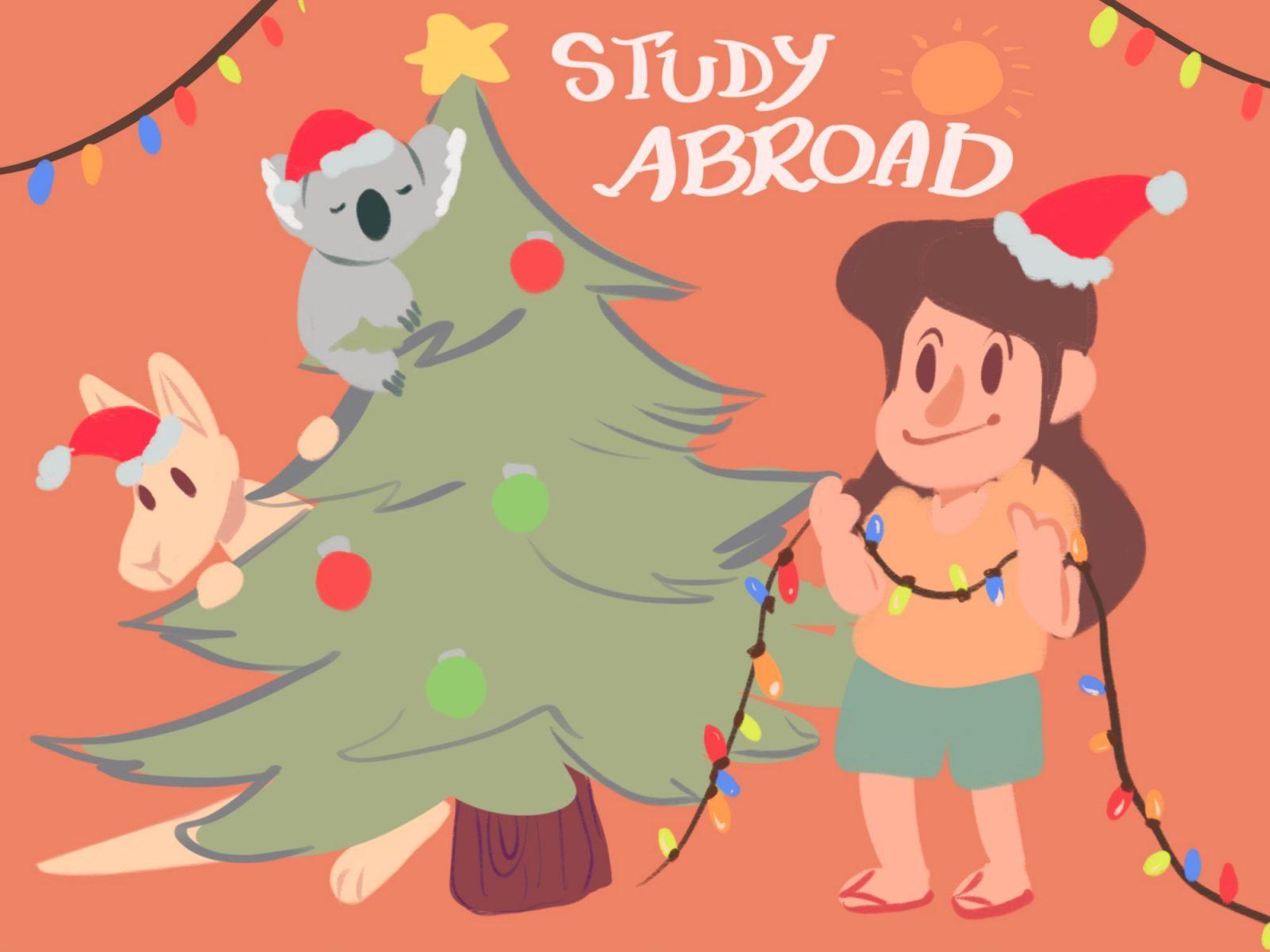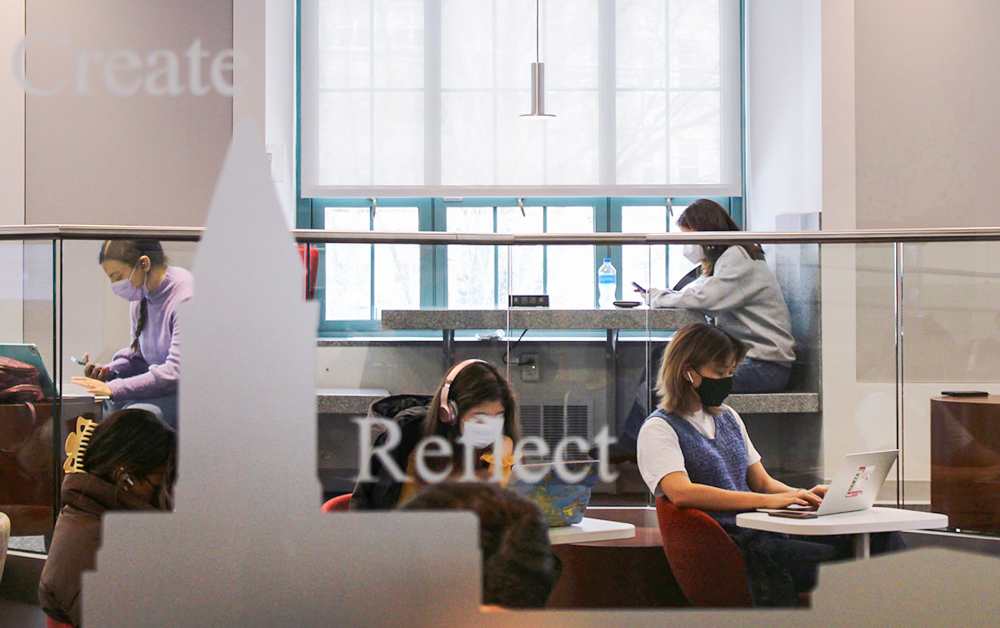To further explore the role of technology in higher education, Boston University’s Council on Educational Technology and Learning Innovation will host several seminars in March and April, according to an email sent to students Wednesday.
Associate Provost for Undergraduate Affairs and CETLI co-chair Elizabeth Loizeaux said officials would like for the seminars to involve more people in new education technologies.
“We’re hoping to pull together students, faculty and staff to hear their ideas about the new technologies and also to give them to opportunity to listen to and to talk to some of the big speakers and big players in the developing field of educational technology,” she said.
Loizeaux seminars, scheduled across the end of March and all of April, will cover a wide range of topics such as “Three-Year Degrees,” “Residential Education in the Age of Educational Technology” and “MOOCs [Massive Open Online Courses]: To Credit or Not?”
This variety of topics is meant to give BU students, professors and faculty sufficient opportunities to talk about these issues, she said.
“[BU] has a large, diverse community and we wanted to reach out as widely as we could,” she said.
A notable point of conversation is CETLI’s SEED grant program, Loizeaux said. This program is meant to use grants to inspire creativity and to develop new innovations in educational technology among BU faculty.
“The SEED grant proposal is … to help stimulate interesting ideas and interesting uses on experiments in the use of educational technology,” Loizeaux said.
One of the major issues being brought into question is the utility of MOOCS, college classes that traditionally do not grant credit and emphasize accessible online learning for a wide audience, Loizeaux said.
She said the future of MOOCs is important in that they are playing an increasingly greater role in higher education.
“I don’t know if [BU] is going to be offering MOOCs or not,” Loizeaux said. “I don’t know if we’re going to be figuring out how to accept MOOCs for credit, but both of those are topics for conversation.”
School of Education Associate Dean of Research Scott Solberg said MOOCs raise new concerns and possibilities for the future of education.
“The MOOCs are issues of open access … it hits along the lines of social justice and equity,” he said. “… There are high schools and even colleges that don’t have access to all this information.”
He said the knowledge gained from MOOCs is an important tool to encourage problem solving and potentially incite community change.
“If there’s one major exciting component to the MOOCs, it’s getting us away from seat time and instead getting the conversation about the competencies that we want our students to develop,” Solberg said.
Ryan Lagoy, a College of Engineering senior, said he believes the value of MOOCs varies by subject.
“It depends on the course you’re taking,” he said. “For math and science, it is better to be in class because you’re more free to ask questions. You can facilitate discussions.”
Oreoluwa Taiwo, a College of General Studies freshman, said she thinks MOOCs could add more depth to BU’s education.
“I think BU students would benefit from these courses by having an additional avenue toward subjects that either interest them or that they’re struggling with,” Taiwo said. “It is a great way for students to get more acquainted with educational material.”
Sargent College of Health and Rehabilitation Sciences freshman Elizabeth Herron said MOOCs could be a great opportunity for people who want to learn, even if they are not pursuing a degree.
“Knowledge should be open to be studied,” Herron said. “A lot of people can’t afford education, so it should be made available.”
Loizeaux said the council plans on adding sessions specifically designed for students to voice their takes on new innovations in educational technology.
“We would like to get out to the student community a little bit more broadly to hear what their thoughts are,” she said.





















































































































